Specialized Financing in Canada for Today's Self-employed
In recent years, the number of self-employed individuals in Canada has been steadily rising. Although self-employment offers numerous benefits, it can pose challenges when it comes to obtaining financing. Traditional lenders often require extensive documentation and proof of stable income, making it difficult for self-employed individuals to secure loans or mortgages. However, specialized financing options have emerged to cater specifically to their needs. In this blog, we will explore specialized financing solutions available in Canada, designed to help self-employed professionals access the funds they need to support their personal and professional goals.
1. Stated Income Mortgages
Stated income mortgages are designed for those who may not have the conventional proof of income required by traditional lenders. With a stated income mortgage, borrowers can state their income above their filing amounts by providing documentation above and beyond the standard requirement of personal and/or business tax returns. With these loans, lenders will also evaluate the borrower's creditworthiness and ability to repay based on alternative methods, such as bank statements, business financials, and industry-specific metrics such as internal credit rating scores. Stated income mortgages provide flexibility for self-employed individuals, enabling them to secure financing based on their actual income rather than traditional employment verification methods
2. Bank Statement Programs
Bank statement programs are another specialized financing option that can benefit the self-employed. Instead of relying on traditional income verification methods, these programs allow borrowers to use their bank statements to demonstrate their income and repayment capacity. Lenders review the average monthly deposits and recurring expenses over a specified period, typically 6 to 12 months, to determine the borrower's eligibility. This option is particularly advantageous for self-employed professionals who have fluctuating income or irregular pay periods. Bank statement programs offer flexibility and a more realistic representation of the borrower's financial situation.
3. Alternative Lenders
When traditional lenders decline financing applications from someone who is self-employed, alternative lenders can fill the gap. Alternative lenders have more flexible eligibility criteria and a greater willingness to work with self-employed borrowers. These lenders focus on the overall financial picture, taking into account factors beyond conventional employment and income verification. While alternative lenders may charge higher interest rates compared to traditional lenders, they provide self-employed individuals with access to the financing they need when other options are limited.
4. Home Equity Lines of Credit (HELOCs)
Home equity lines of credit (HELOCs) are an excellent financing option for self-employed individuals who already own a property. A HELOC allows borrowers to leverage the equity in their home to secure a line of credit. Self-employed individuals can utilize this line of credit for personal or business expenses, such as home renovations, debt consolidation, or funding business operations. HELOCs offer flexibility, as borrowers can draw funds as needed and only pay interest on the amount utilized. For self-employed professionals seeking capital, a HELOC can be an effective and convenient financing tool.
5. Peer-to-Peer Lending
Peer-to-peer lending platforms have gained popularity in Canada as a modern and innovative financing option. These platforms connect borrowers directly with individual investors, cutting out traditional financial institutions. Peer-to-peer lending can be advantageous for self-employed individuals, as it allows them to present their business plans, financials, and creditworthiness directly to potential investors. This approach provides an alternative funding avenue for self-employed professionals who may not meet the stringent requirements of traditional lenders. Peer-to-peer lending offers more flexibility and potentially quicker access to capital for those that are self-employed.
Specialized financing options have become increasingly important for today's self-employed individuals in Canada. Stated income mortgages, bank statement programs, alternative lenders, home equity lines of credit (HELOCs), and peer-to-peer lending provide avenues for self-employed professionals to access the funding they need. These specialized financing solutions recognize the unique circumstances of self-employed individuals, offering flexibility and alternative methods of income verification.
If you're self-employed in Canada and facing challenges obtaining financing from traditional lenders, explore these specialized options to support your personal and professional goals. Of course, not every means of financing works for everyone.
Let me help you find a tailored solution that aligns with your specific needs and financial situation. Book a call with me here.


